Microbe Roundup
Microscopic organisms represent a vast, unexplored territory for biologists trying to understand the earth’s ecology—including the ecology inside our …

Microscopic organisms represent a vast, unexplored territory for biologists trying to understand the earth’s ecology—including the ecology inside our …
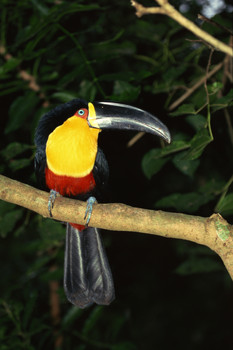
When large animals like toucans are removed from tropical rainforests, the trees suffer.

Scientists have calculated how much radiation astronauts would face on a manned Mars mission – and it's a lot.

Ocean temperature records from a ship that circumnavigated the globe 135 years ago confirm global warming.
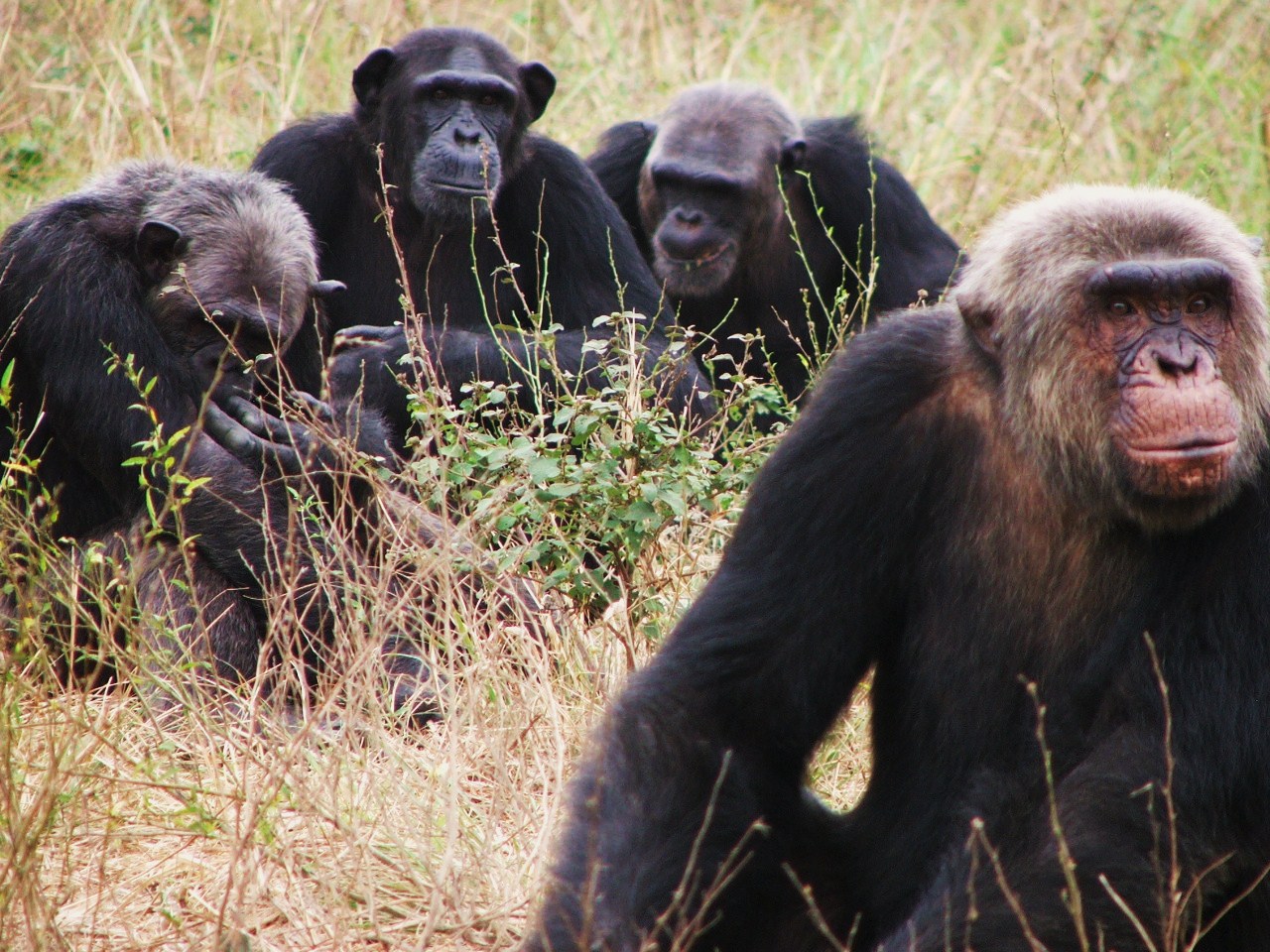
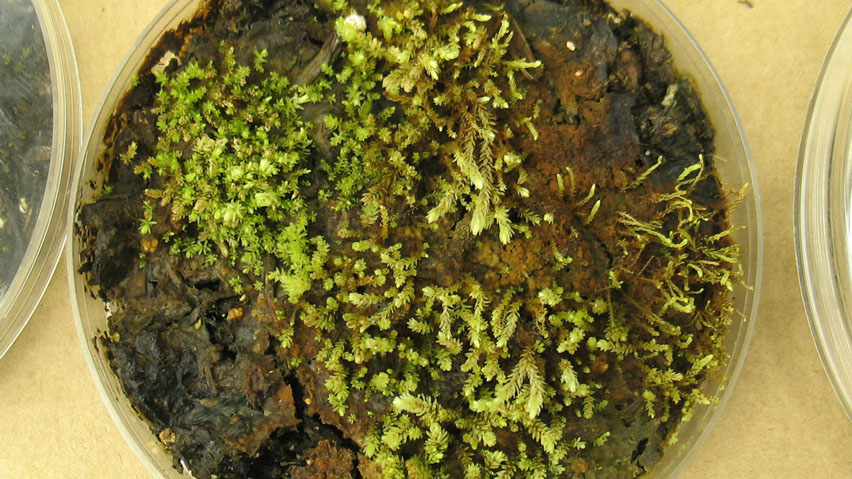
Plants that were frozen in glaciers 400 years ago are growing again as those glaciers melt away.
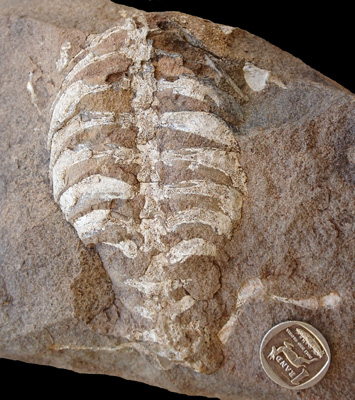

Researchers discover why chemotherapy makes women infertile – and hopefully, how to stop it.
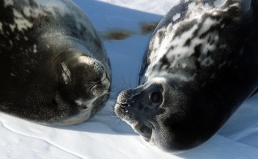
Obese and diabetic mice have less of a certain gut bacteria, and replenishing the bacteria helps them lose weight.
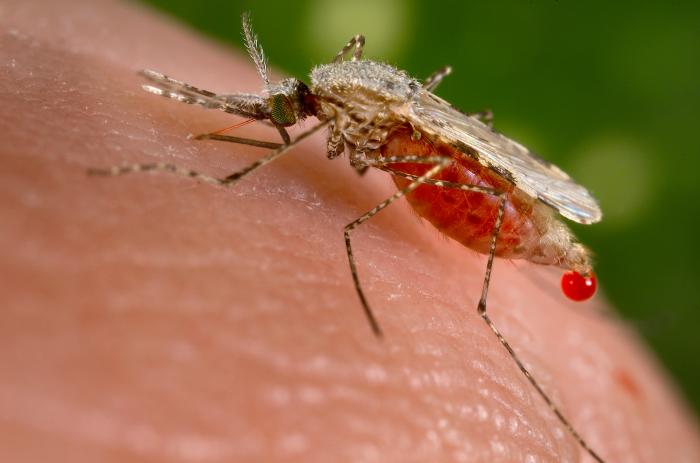
Researchers have found a gene that gives the malaria parasite safe harbor in mosquitoes.
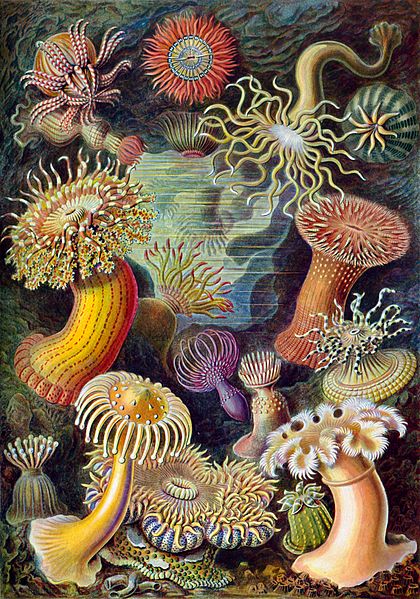
Some of the most useful medicines come from dangerous toxins found in nature.

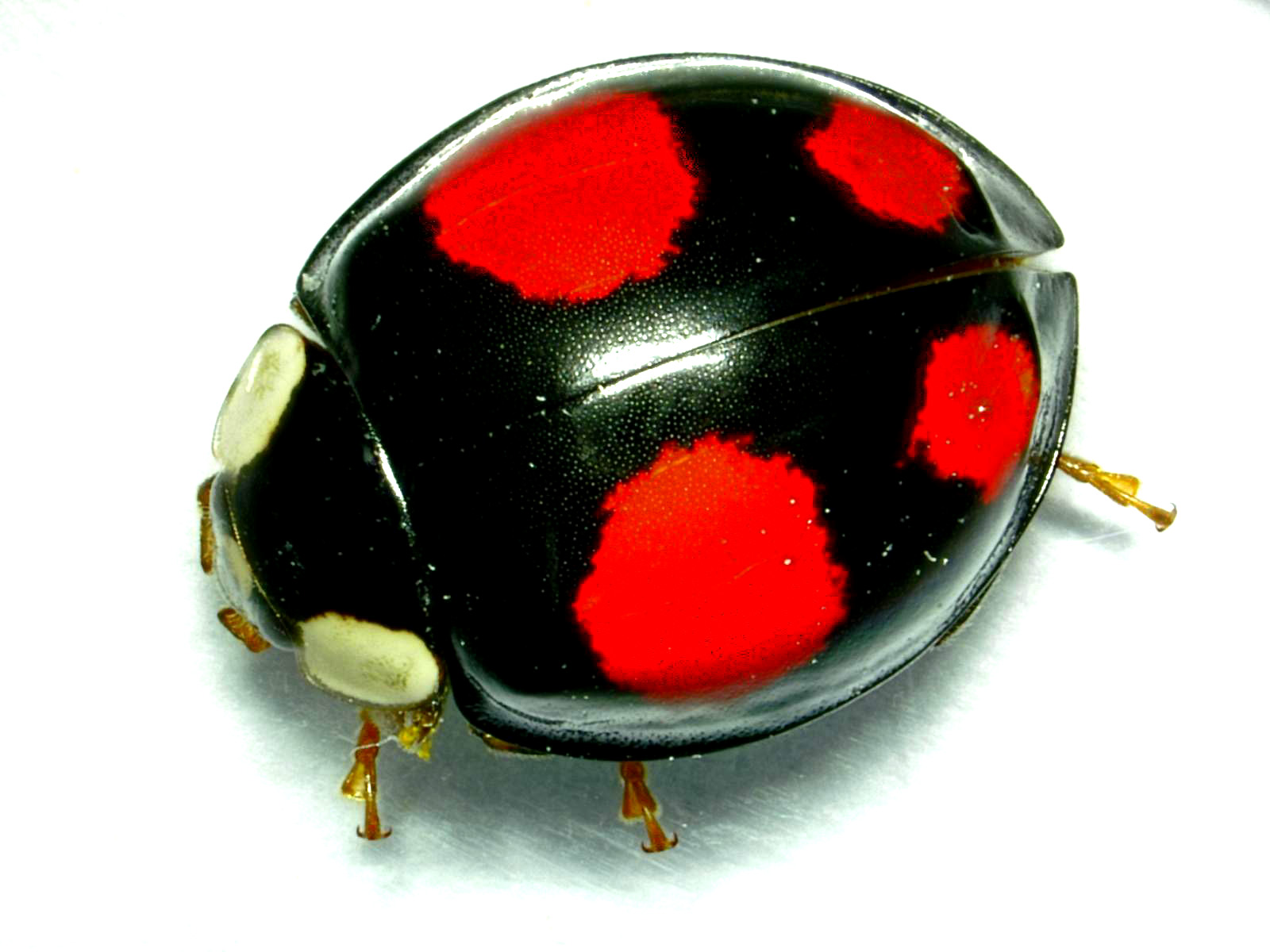
An invasive ladybird beetle kills off native species with microorganisms in its body.

Scientists have identified an enzyme that could be responsible for one of the rarest childhood diseases of all.

Scientists have identified the genetic variant of the fungus-like organism responsible for setting off the Irish Potato Famine.
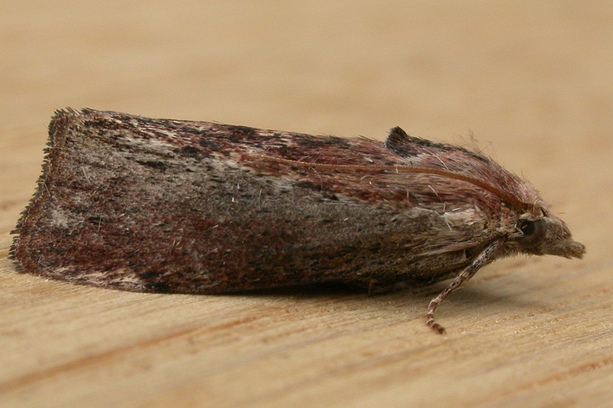
Greater wax moths have evolved the ability to hear sounds at frequencies even their predators can't detect.

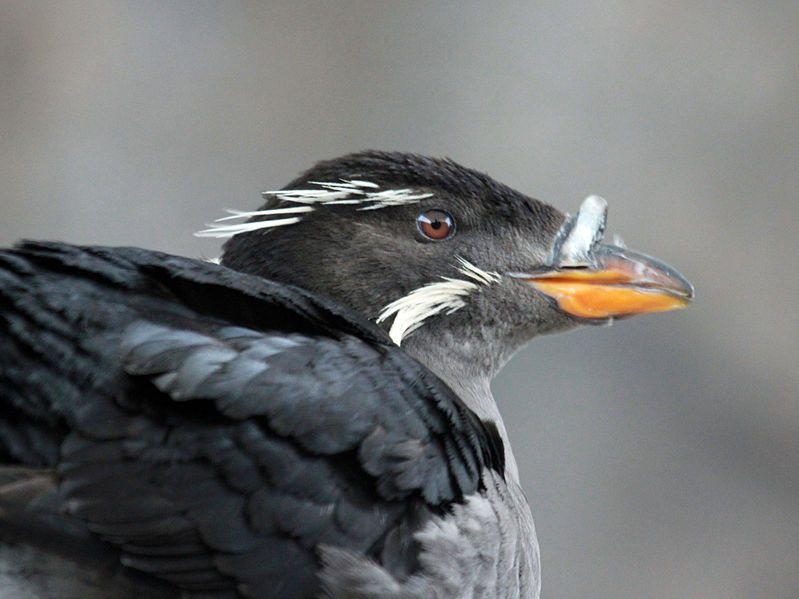

Our eyes’ ability to detect color deteriorates with age, but our brains compensate.


